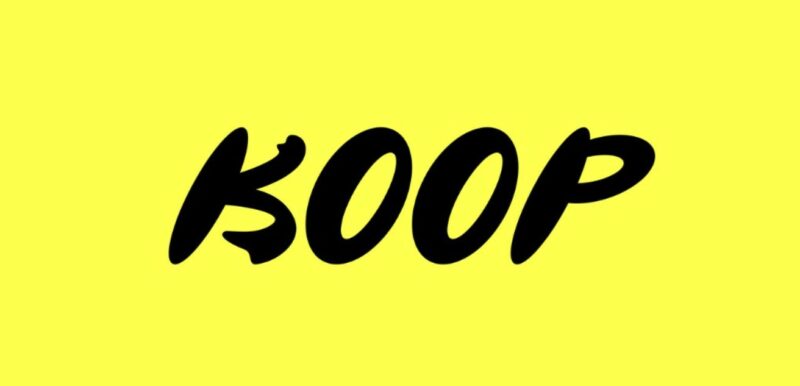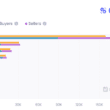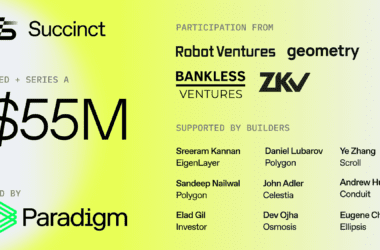Quick take:
- Communities on Koop are backed by a treasury created from selling NFT collections or membership passes.
- The proceeds from the NFT sales will then go towards funding the community’s ideas and vision.
- Koop’s technology allows companies and consumers to co-create products.
Koop, a protocol that allows companies to fund their projects via NFTs, has raised $5 million led by 1confirmation and Variant Fund, which raised $450 million in July to invest in builders of Web3.
Palm Tree Crew, Day One Ventures, Ethereal Ventures, DeFi Alliance, Volt Capital, PearVC, DCF God, 0xmons, Cooper Turley, Balaji Srinivasan (ex-Coinbase CTO and a16z general partner), and Liu Jiang (ex-Sequoia partner) also participated in the round.
Launching today, Koop enables companies to build communities around any product ranging from content to software, and raise funds by selling NFT collections or membership passes. The proceeds from the NFT sales will then go towards funding the community’s ideas and vision via a community treasury.
The community members will vote on how the treasury funds can be used to bring the community’s ideas and vision to life. Instead of simply being subscribers of a product through a binary incentive model (like/follow), Koop’s protocol enables consumers to actively participate in the companies,
The startup was founded a year and a half ago by 21-year-old CEO Natalia Murillo, who dropped out of University of Southern California – where she was studying data science and neuroscience – in the middle of the pandemic to pursue her interest in crypto. She was also working with Juicebox DAO, NFTFund and Arena when she saw missing infrastructure for crypto-native communities or tokenised communities, which became the inspiration for Koop.
With tools like NFT membership, community governance and treasury, Koop’s mechanism allows creators and their communities to become co-founders as community members are incentivised to co-create with founders.
“We have a project. The community puts together events, like creating a documentary, building software, building a token for our next party in New York. And so everyone feels like an active owner and participant. And then these passes that you use for the initial fundraise gain more value on the secondary market. So users are directly being streamed profits from their contributions inside of the community,” Murillo explained to Venture Beat.
Built on top of Ethereum, it costs $20 to launch a community, also called a Koop, on the platform. Since launching its private beta two months ago, Koop has already generated $850 million in volume with 50 active communities and have partnered with crypto-native communities such as Tweaks NFT, The Heart Project, Aera Force, Houndtrack, StellarsDAO, and gaming guilds.
“It won’t just be crypto-native people using Koop in the future — that’s why Koop’s market is so big,” said Nick Tomaino, founder and general partner at 1confirmation, in a statement. “It won’t be that Supreme sets up a Koop. The next Supreme will be birthed out of a Koop.”
Murillo told Venture Beat that the early adopters of Koop are Gen-Z. With Koop, products, experiences, and decisions are birthed from communities instead of being marketed to them, empowering passive consumers to become active contributors.
Stay up to date:





